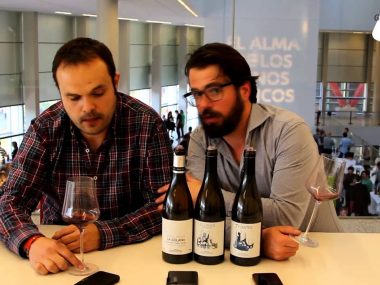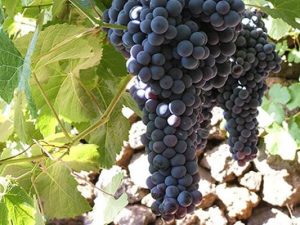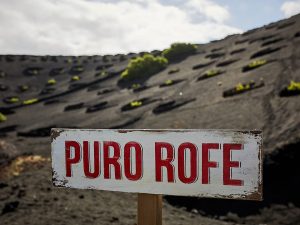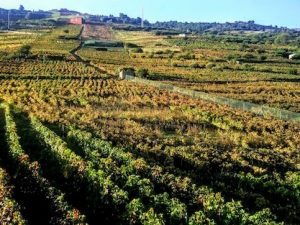Ribera del Duero wines are one of the great protagonists as far as Spanish wines are concerned. Most of them are full-bodied, deep and structured red wines, although we can also find great examples of rosé wines. Here we tell you everything you need to know about this Designation of Origin.
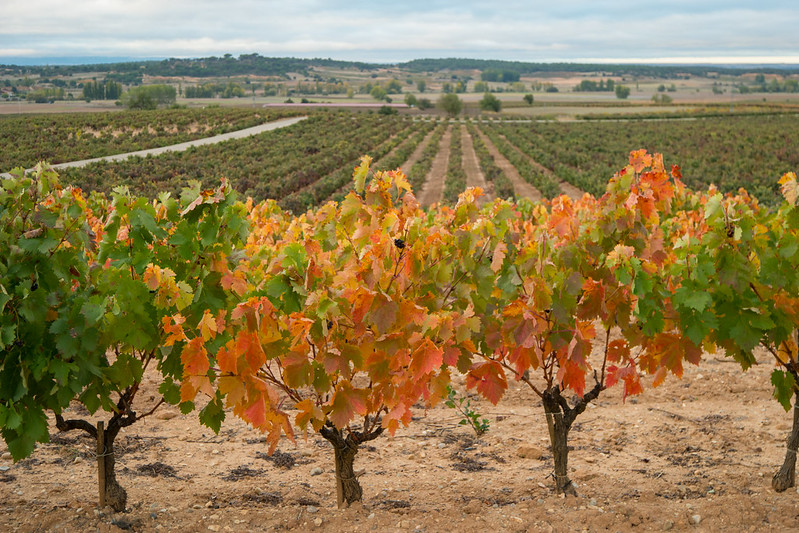
Soil and climate characteristics
Ribera del Duero is a Denomination of Origin that includes the vineyards located in Castilla y León, Spain. Particularly, those located in the provinces of Soria, Burgos, Segovia and Valladolid.
Both the climatological and geological conditions of the Ribera del Duero Denomination of Origin have a strong influence on the vineyards and, consequently, on the quality of the wines.
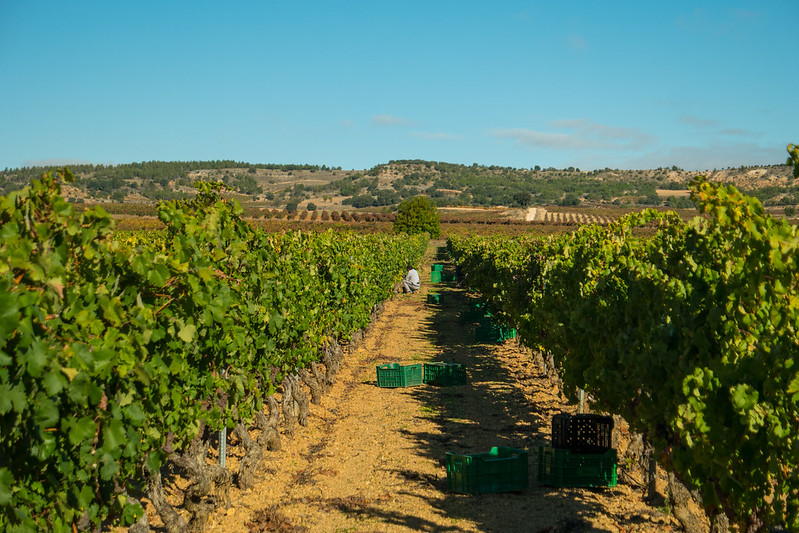
Ribera del Duero has a classic Mediterranean climate, whose main characteristic is its continental nature, which means low humidity (due to the distance from the ocean) and, therefore, low rainfall, which results in a greater temperature range.
Indeed, Ribera del Duero is characterised by moderate to low rainfall, together with dry summers and long, harsh winters, with a wide temperature range throughout the year.
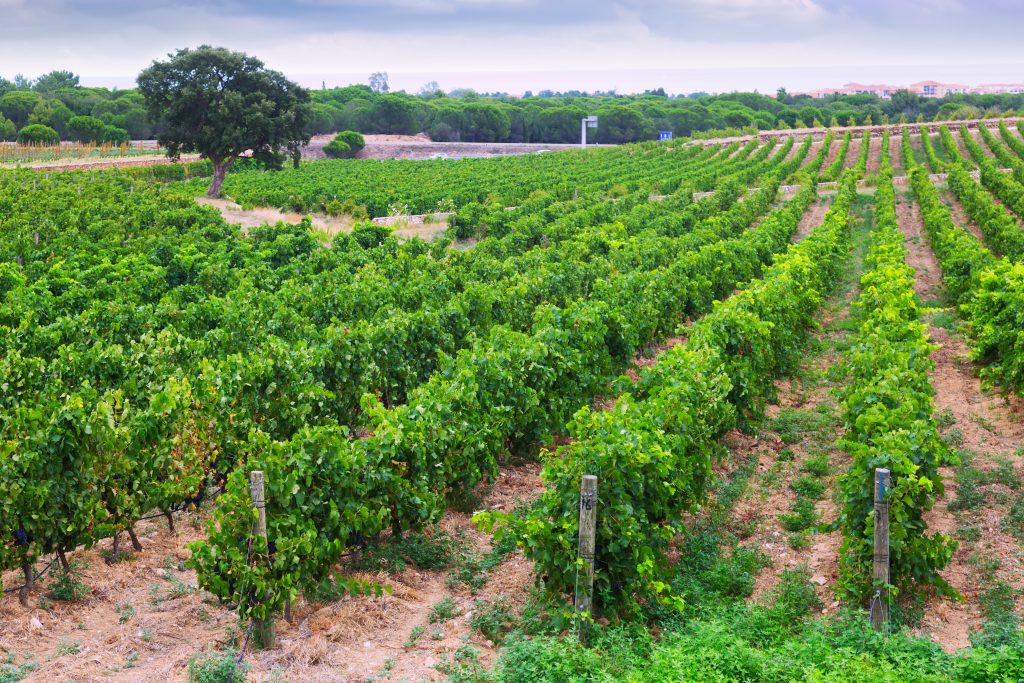
This Denomination of Origin is located in the great northern plateau of the Iberian Peninsula, with soils that stand out for their alternating layers, with tertiary sediments and sandy and clayey elements. Its soils are characterised by alternating layers of limestone, marl and even calcareous concretions.
In terms of the height of its soils, they are rather horizontal, although gently undulating and limited by differential erosion. The relief ranges from 911 metres above sea level to valleys between 750 and 850 metres above sea level.
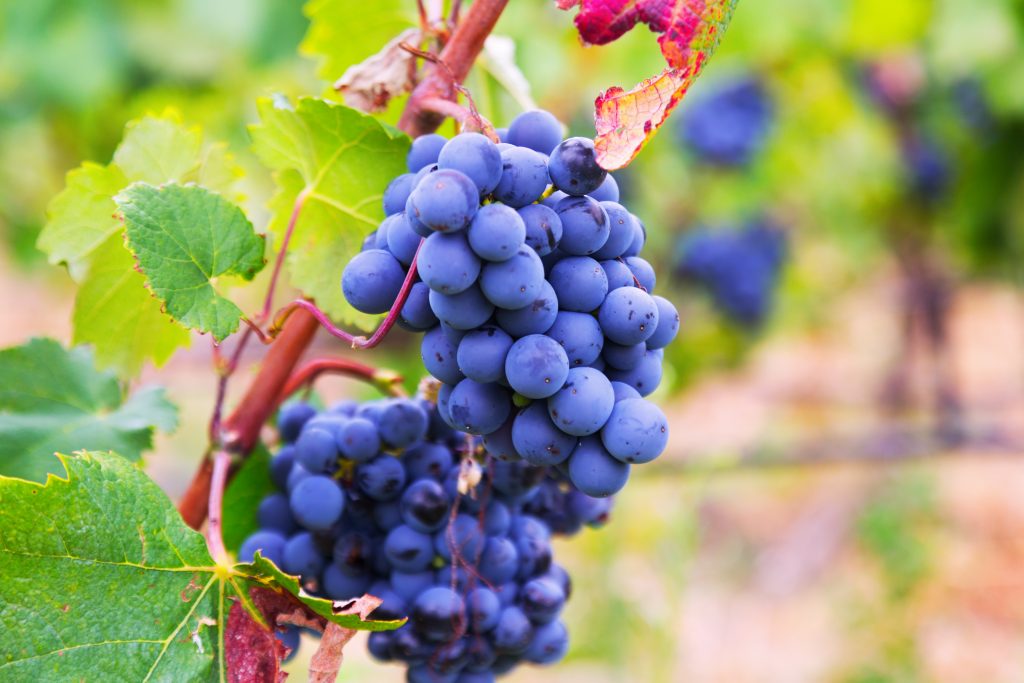
Types of Ribera del Duero wines
Nowadays, there are more than 1,200 wine brands that belong to this D.O. Although most of the wines from this Denomination of Origin are red wines, there are also rosé wines.
The red wines must be made with a minimum of 75% of the Tempranillo variety, also known as Tinta del País or Tinto Fino. The share of this variety, either alone or accompanied by Garnacha, Cabernet Sauvignon, Malbec and Merlot, cannot be less than 95%. Thus, although the varieties Garnacha Tinta and Albillo are not prohibited, they can only be included in less than 5%.
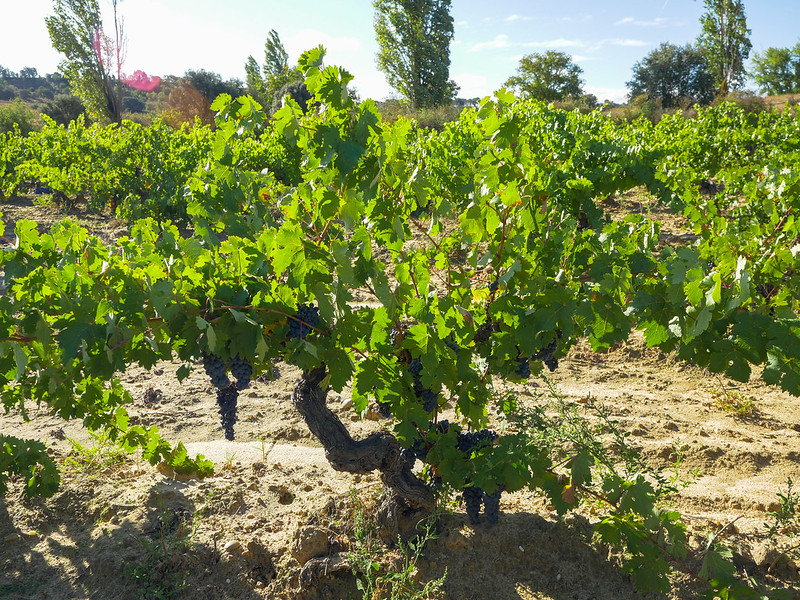
In the case of rosé wines, they must be made with a minimum of 50% of the permitted red grape varieties.
Ribera del Duero is an area that has revolutionised quality wine production in Spain, under the protection of the unique Vega Sicilia winery, which is partly responsible for the fame and quality of the red wines of this DO. Other wineries that have revolutionised the region’s wine scene include Protos, Pesquera, Pérez Pascuas and Pingus.
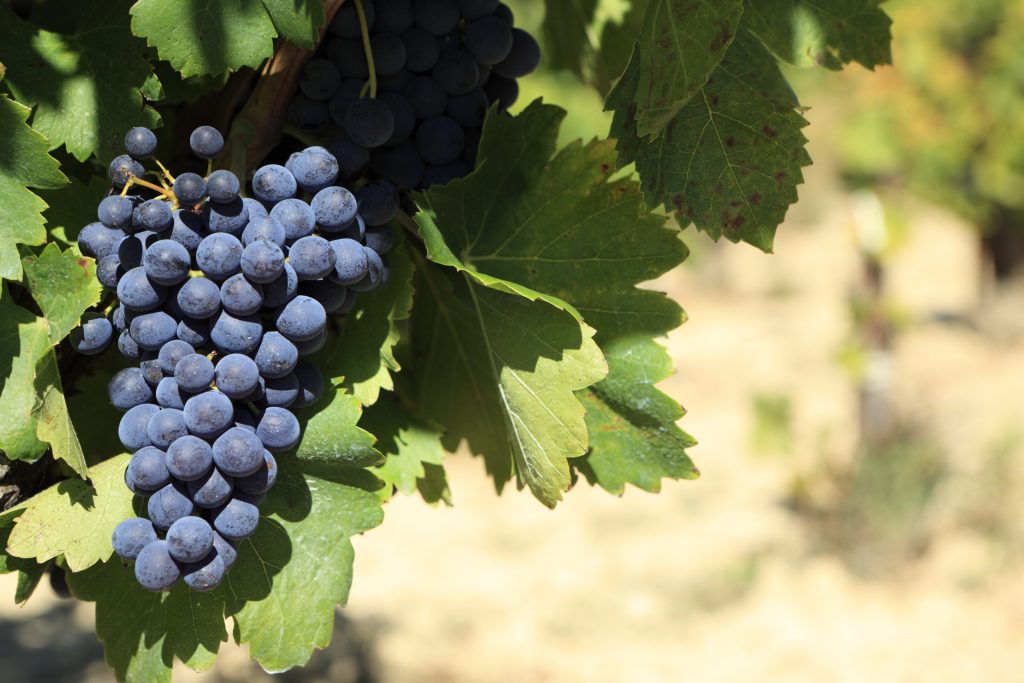
Ribera del Duero wine varieties
These are the varieties of wines that can be found in Ribera del Duero:
- Young red wine: Not aged in wood or aged in barrels for less than a year. It is marketed a few months after the harvest.
- Crianza red wine: A minimum of 12 months in oak barrels. It is marketed after 1 October of the second year after the harvest.
- Reserva red wine: 36 months of ageing between cask and bottle, with a minimum of one year in cask. It reaches the market after 1 October of the third year after the harvest.
- Gran Reserva red wine: 60 months of ageing between cask and bottle, with a minimum of 2 years in cask. It reaches the market after 1st October of the fifth year after the harvest.
- Rosé wine: It is fermented without the presence of the grape skins. It is marketed shortly after the harvest.


